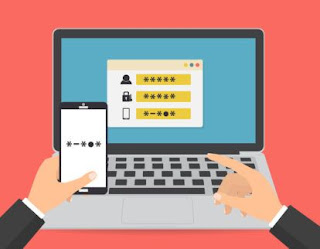Apps and Sites That You Didn’t Know Are Selling Your Data

It might come as a surprise what sites or apps act as data broker sites, collecting and selling your personal information—often without your direct knowledge. Knowing how to remove personal information from Google can help, as can being proactive and not providing more information than necessary. Credit Bureaus Credit bureaus, as a matter of course, collect information to provide a credit score. They sell this information in two significant ways: borrower history and pre-approval marketing. The first sees credit bureaus selling your transaction information, with a history of your debt payments. If you missed a car payment one month, it’s in your file. Lenders pay more for these reports, as it helps them decide whether to offer you, for example, a mortgage loan. The credit bureaus include analytics on your payment history, so buyers can see how you interact with your various debts. The second way that credit bureaus sell your information is in pre-approval l...









